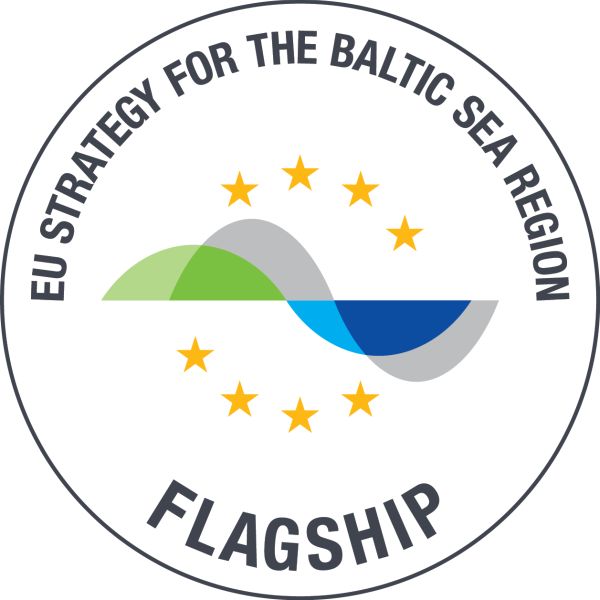Real-Time Economy
In near future, real-time economy, i.e. instant business transactions and digital invoicing, is a standard. Estonia has a strong image of e-country – our public sector is largely digitalized, but there is still room for improvement in private sector. According to European Digital Economy and Society Index DESI, Estonia is with 18,5% on the 12th place based on e-invoice usage, which is significantly less than e-invoice leaders Norway, Finland and Denmark, where the indicator is 60-70%. How to lead the digitalization in private sector on the same level as public sector with adapting e-invoice system?

Public sector has had a great start

In terms of e-invoicing, public sector is the leading force also in the rest of the world. Great examples are Denmark, where e-invoicing has been mandatory in private sector since 2005, and Norway in 2011. Facilities, regularly active in documentation exchange and invoicing, are the first ones gaining from technology. By automating routine and low production job activities, every-day labour force could be used more productively. In addition, automatization leads to less mistakes being made.
To support the goal of Estonian Information Society Strategy 2014-2020, e-invoicing between public and private sector in Estonia should be fully adapted by year 2020. When speaking with various experts, some estimated the current e-invoicing usage to be around 20-25% in Estonia. If private sector were obligated to send solely e-invoices to public sector, the strategy’s goal would be achieved faster, and this would have a positive effect on the overall e-invoice usage.
Innovation has many solutions also to private sector. Time equals money to all small-scale companies and real-time automatic e-invoicing helps to save on expenses. Another two keywords are credibility and transparency: e-invoicing is entirely observable where each activity is being recorded. There would be no debates about whether an invoice has been received by the other party or not.
Company’s cost savings could be significant
E-invoicing enables to speed up the communication between organizations, and that would ultimately increase the economic growth as the money moves significantly faster. According to Koch’s 2017 report, a company could save thanks to e-invoicing system and its processes around 60-80% of the expenses derived from invoices. Time that is saved from routinely activities could be directed into core business activities, such as sales and management. Here is an example: when we give 2 euros to a person for a routine activity, it is an expense. But when that person does not have to tackle the routine process, he could be able to turn this 2-euro expense into additional income of 4 euros. In this way, he invests his time into more productive activities and adds more value to the company via for example sales activities.
When a small-scale company with a purpose to save on expenses, does not wish to adapt digital information exchange, it is wise to think even bigger – such as on digitalization of Estonian-wide digitalization that would open even more opportunities in the future.
For one micro or small-scale company to start e-invoicing, it is necessary for them to adapt accounting software that generates e-invoices. It is also possible to use the country’s e-Financial software that works also as an accounting system.
E-invoices are being managed by e-invoice operator. Each company needs to choose and sign a contract with an e-invoice operator. Companies that still manage their invoices in Excel, should know that few e-invoice operators provide self-service portals for composing and uploading invoices.
Estonian companies get to join European e-invoice network
Majority of companies do business with both local and foreign partners. It is therefore needed for the EU standards to be adapted in the systems of Estonian e-invoice operators. Estonian ICT Cluster has initiated an Internet of Business (IoB) project with a long-term vision to develop a secure and standardised network based on real-time economy concept. In Spring 2017, IoB project received funding from CEF 2016 Telecom: eInvoicing program that enables Estonian companies to join e-invoicing network PEPPOL starting from Summer 2018.
Standards have already been adapted, and the starting position is solid. Now, it is time to take further steps to make entrepreneurs’ life even more convenient in order for Estonia to become the leading country of e-entrepreneurship.
About the project Internet of Business
Additional information:
Sirli Heinsoo, Internet of Business project manager
Estonian Association of Information Technology and Telecommunications
sirli.heinsoo@itl.ee
+372 5645 6002